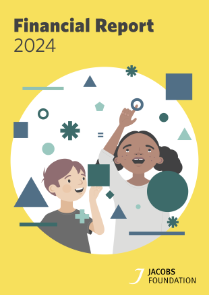At the Jacobs Foundation, we believe that rigorous research is a cornerstone of educational progress. By supporting world-class researchers and fostering connections between research and real-world action, we help shape policies and create better learning opportunities for every child.

Highlights
2024 in review: transforming education around the world
Announcing our new Colombian initiative: Colombia Evidencia Potencial en Educación

2024 Annual Conference: Embedding Evidence in Education

Ghanian Education Minister commits to scaling up Education Partnerships

Announcing the 2024 Klaus J. Jacobs Best Practice Prizes finalists

International Finance Facility for Education commits to $1.5 billion for global education

Open Letter: Reintroduction of an education objective in Switzerland’s International Cooperation Strategy

Prestigious prizes awarded to Colombian, Brazilian, and Pan-African education initiatives

Ground-breaking researchers join Jacobs Foundation Research Fellowship

Looking back on 2024: Five impactful moments that shaped the year
The Jacobs Foundation in Figures
Projects Approved in 2024 by Portfolio
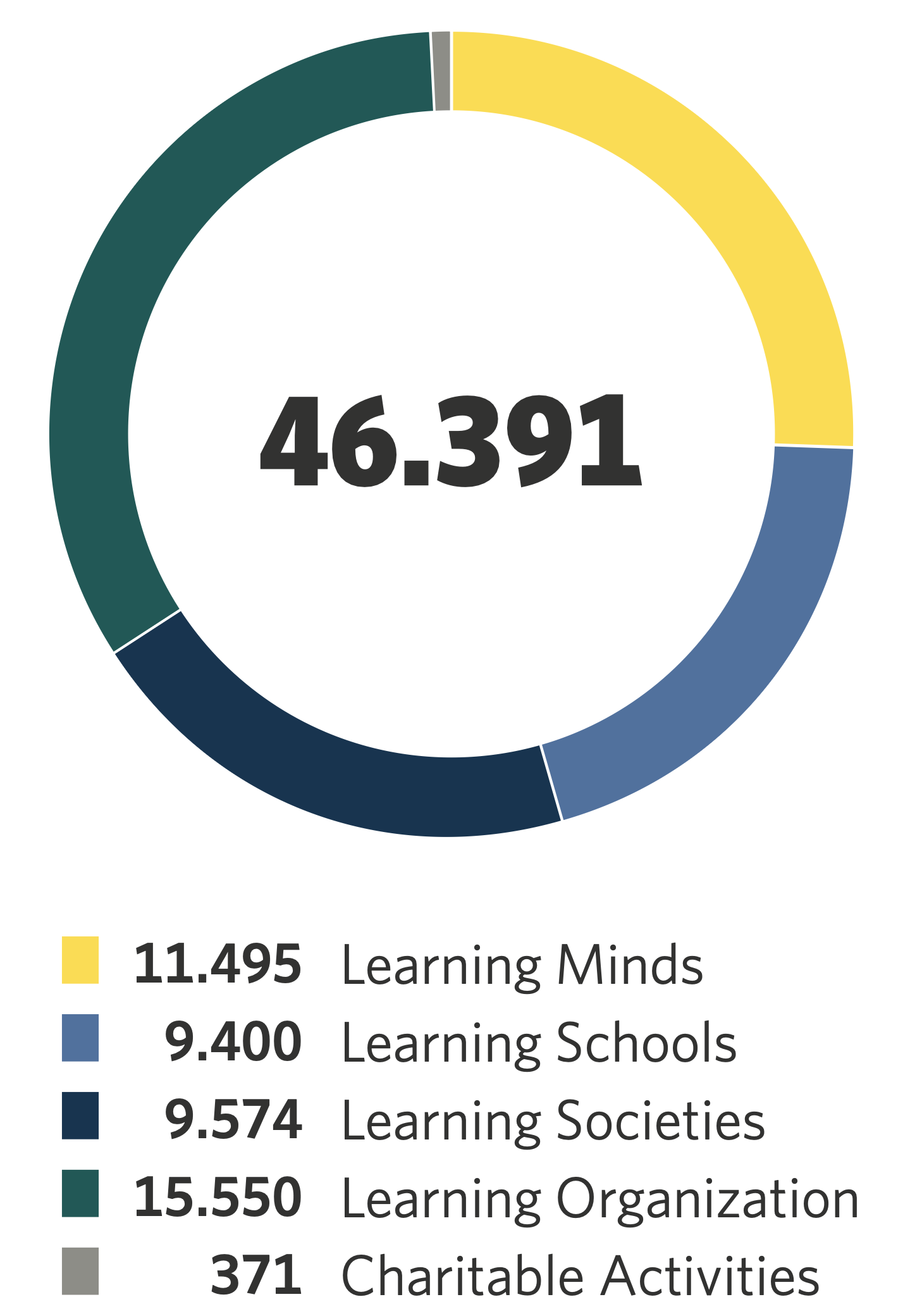
Payments for Projects in 2024 by Portfolio
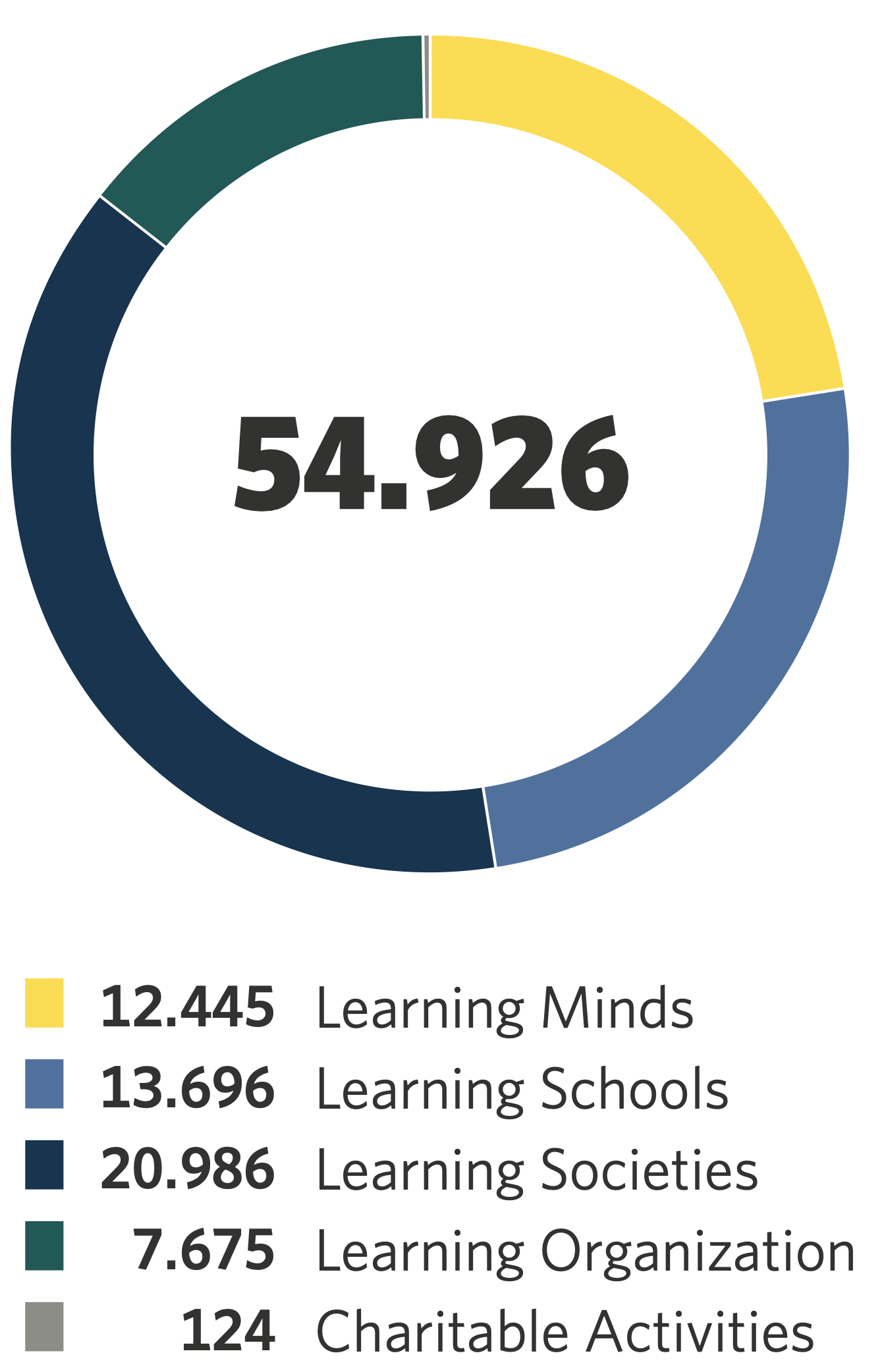
Year in review
Hear directly from our partners and prize recipients about how the Jacobs Foundation is transforming education around the world.
Doris Hanappi, Lead of LEARN Policy and Impact at the Jacobs Center for Productive Youth Development
Karthik Krishnan, Founding CEO for the International Finance Facility for Education (IFFEd)
Julian Mariño, Head of the Evaluation Center at Los Andes University Colombia, Member of the Learning Variability Exchange Network (LEVANTE)
2024 Klaus J. Jacobs Best Practice Prize Recipients
Big bets for 2030 and beyond
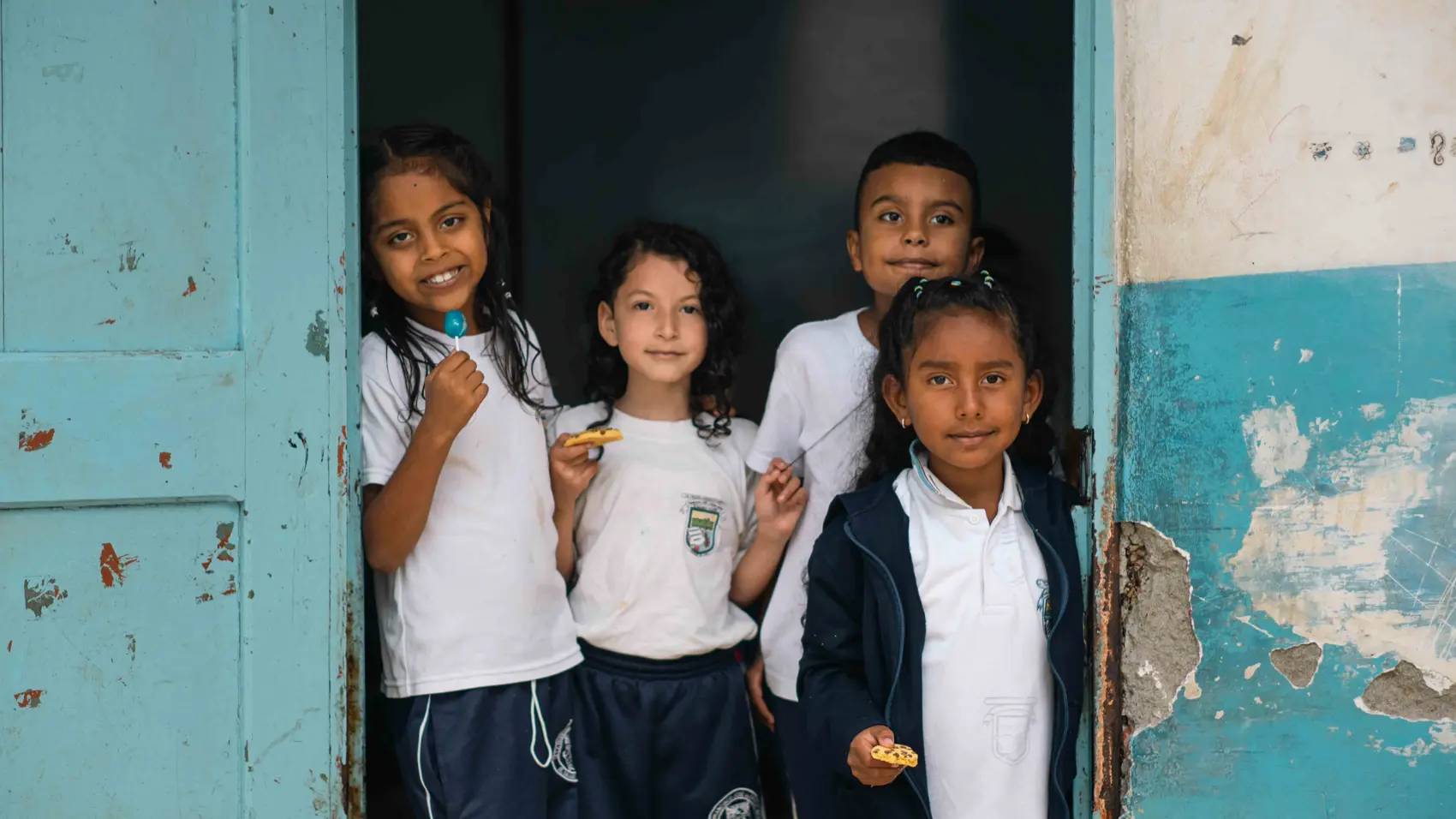
Education Evidence Labs (EdLabs) generate locally relevant evidence and strengthen the link between global knowledge and local education systems. Operating in Colombia, Côte d’Ivoire, Ghana, and Switzerland; by 2030, EdLabs aim not only to improve how evidence is used but also to help ensure that new evidence-based practices are put into action. This approach will lead to measurable improvements in educational outcomes, as the evidence is translated into better policies and practices in these countries.

Currently, low- and middle-income countries (LMICs) face a $100 billion annual financing gap. To address this, we are supporting the International Finance Facility for Education (IFFEd), an innovative financing model that directs multilateral and domestic funds toward high-impact, evidence-based educational interventions.
By leveraging philanthropic and donor investments, IFFEd can multiply financing, increasing the flow of resources for education.
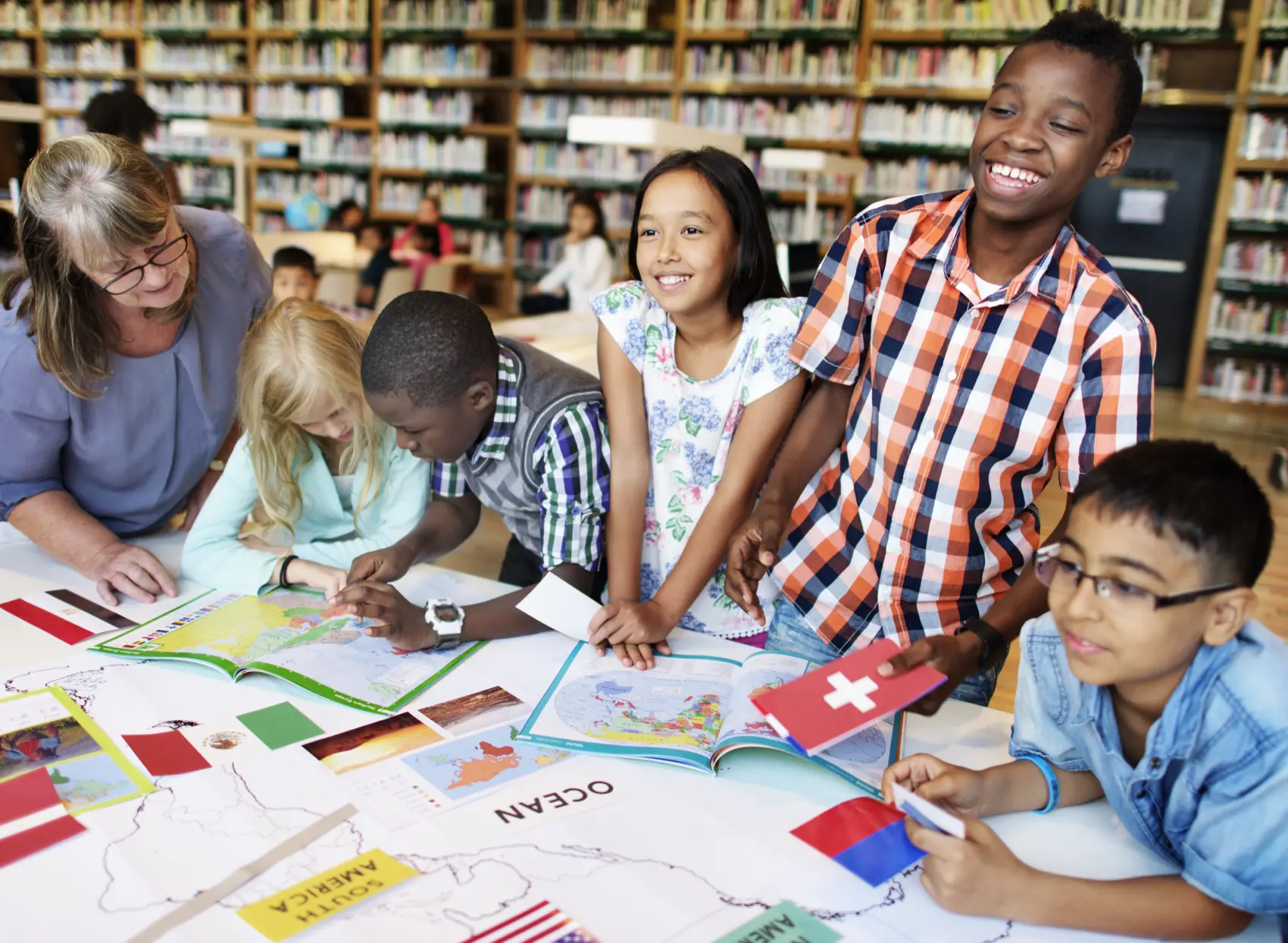
In line with global efforts in sectors like health and climate change, the creation of a Global Education Data Bank is an exciting frontier. The data bank would allow for “living evidence synthesis,” and provide policymakers and practitioners with real-time, accessible evidence to drive faster adoption of proven practices. With the help of AI, the aim is to create an infrastructure where evidence is continually updated, ensuring that educational interventions are informed by the most current data, ultimately accelerating improvements in outcomes across countries and contexts.

Supporting evidence-based education through BOLD
BOLD—our global, digital platform for scientific knowledge that is changing children’s lives—is a source of free, easy-to-access knowledge, empowering caregivers and educators with the information and tools they need to help every child learn and develop. We are translating science into accessible resources for everyone and, in 2024, we produced almost 100 articles, podcast episodes, interviews, and videos. All of these are freely available on our online platform, ensuring the latest insights on child development and learning reach those who need it most.
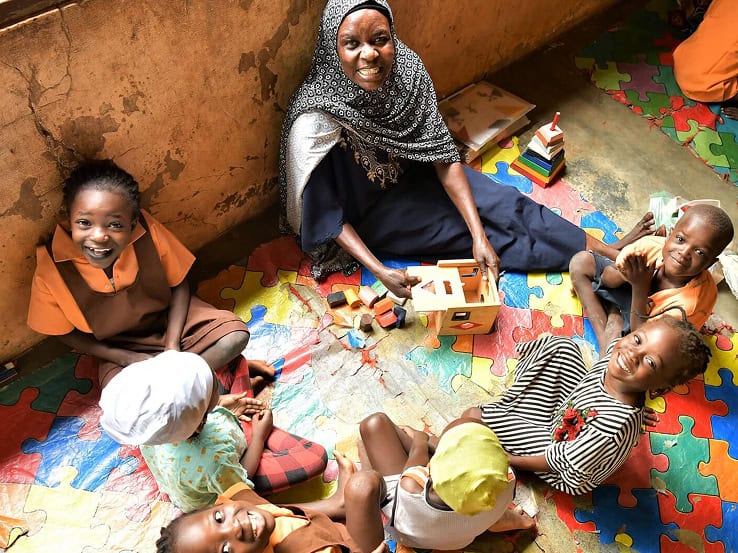
and videos published
published
Bringing the history and science of learning to life on screen for children at the Digital Museum of Learning
The Digital Museum of Learning has launched its new global exhibition, Fabrics of Identity, offering an interactive and playful way for students and educators to explore cultural diversity, identity, and inclusivity through engaging digital stories and resources, in collaboration with world-class museums and experts.
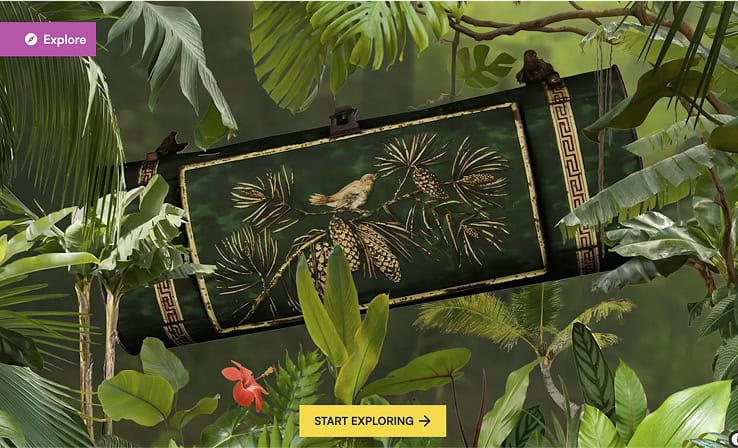
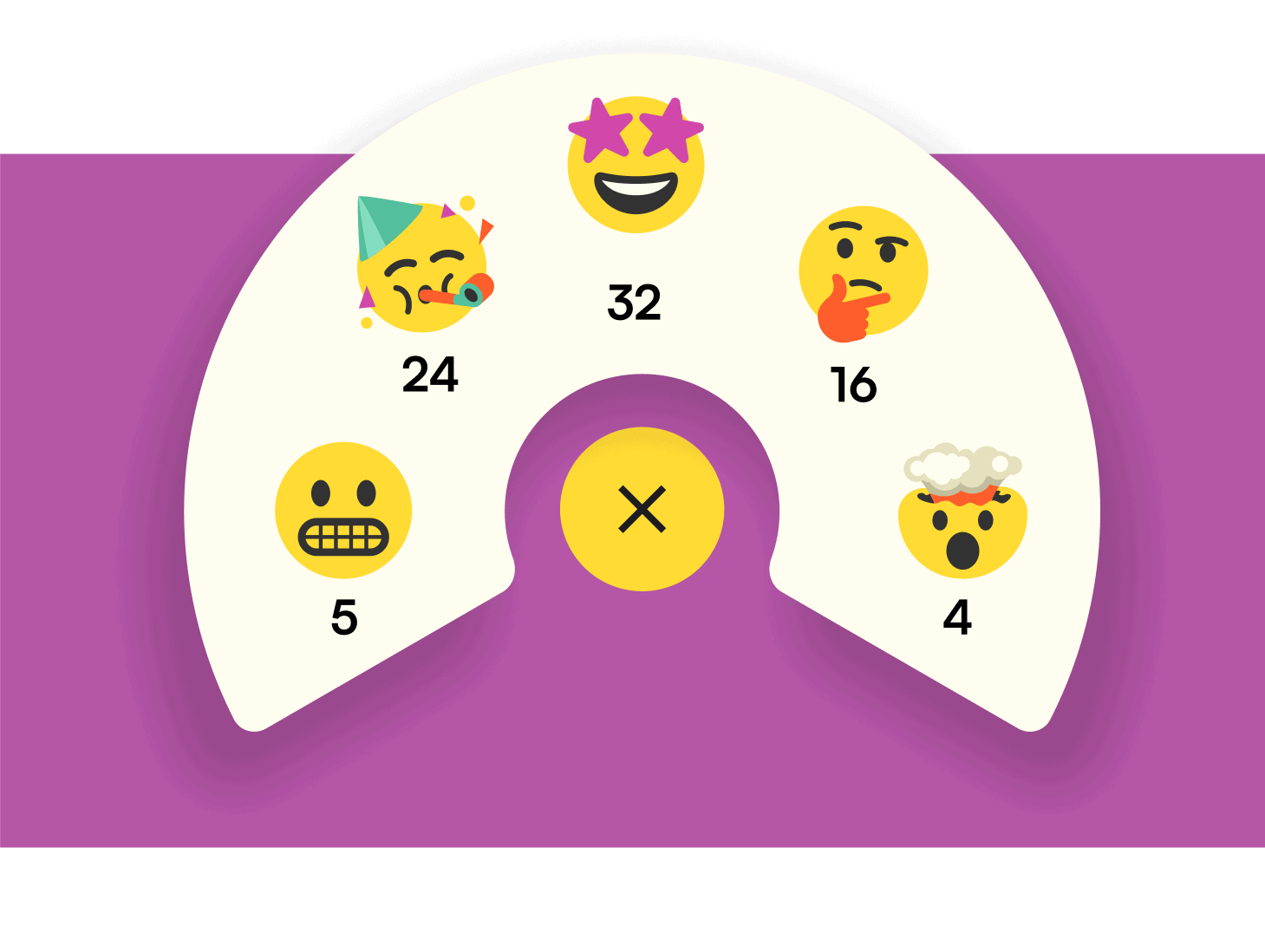
194 countries
Teacher Zone
Read the Interactive Annual Report
Download the Annual Report
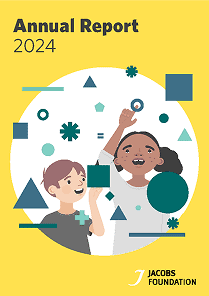
Annual Report 2024 PDF
